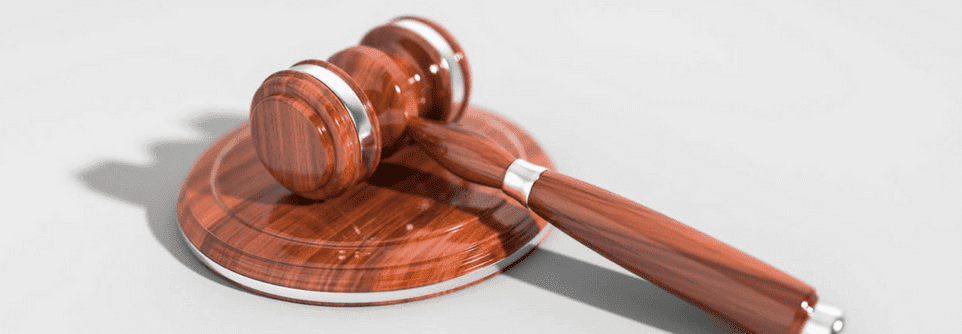Getting your photos online? Don't get in trouble over it!
Are you using photos you find online for anything else than your desktop background? Careful! You might be breaking the law.
Written by human for humans
Besides the photos of your holidays in Greece and thirty videos of your dog playing in the snow, perhaps you're also storing other photos on your Koofr cloud storage account. Photos you might have gotten from the internet. While storing them in a cloud is not a problem, using them for other, especially commercial purposes is a different story entirely.
We hope you don't still believe that any photo found with the help of Google is fair game to use as you wish – that's persistent, but incorrect assumption. But even if you're aware of the fact that someone owns the photo you just saved to your computer, you can quickly fall into some common traps regarding copyright.

Let us first explain the term copyright. In general, copyright is a form of legal protection given to content creators through the assignment of specific rights to works that qualify for this type of protection. It is a form of intellectual property, and it refers to specific laws of each country. But even though international copyright law doesn't exist, 180 countries around the world have signed the Berne Convention, a treaty that defines minimum standards for the protection of the rights of the creators of copyrighted works around the world.
While reading and understanding certain laws is never a bad idea, we've tried summing up a few relatively simple rules that might help you navigate your way through the use of online images.
1. Assume all images you find online are copyrighted. Even if the image doesn't have a watermark or any other song which signifies copyright, it doesn't mean it's not copyrighted. Copyright protection in most countries is automatic – so the author doesn't need to add a special notice to his work. That also goes for publicly shared photos on Facebook or Instagram. Public sharing doesn't mean that you can take the photo from social media and reuse it on a different platform without the author's approval.
2. Try finding the source and get permission to use the photo. You found an amazing photo you want to use in a presentation for your clients or in a banner to promote your small business. If it's not already obvious where you can buy it (iStock photography, Shutterstock, Getty Images or similar services offer millions of high-quality photos), try to find the author and get permission/pay a fee to use it. With some luck, you might stumble upon an image which grants photo usage under the Creative Commons licence. Those licences come with different conditions and we will explain them in more detail in one of our future blogs, but in general, just comply with the rules you find written next to the photos and you won't get into trouble.
3. Linking back to the photo or naming the author is not enough. An artist should be honoured that I chose their photo for the cover of my new teen vampire novel and even named him as the author of the photography! I'm promoting his work for free! Well, not really. Just giving an author a so-called »shout out« is far from enough, because the person has to give you permission. Also, authors can freely decide where they want their work to appear.

4. Just because you're not directly making money out of using the photos you found online, it doesn't mean it's not copyright infringement. Even using copyrighted material in internal meetings, distributing it in a closed group etc. technically still means copyright infringement. The chances of getting caught are low, but you're still breaking the law.
5. Find professional photos in one of the many free or low-cost photography databases. Online you can find numerous stock photo sources that offer free or low-cost photos. Some examples: Pexels.com, Pixabay.com, DesignerPics.com and many more.
Once you have acquired the photos legally, you can store them safely in your Koofr account. Try out our free account and start using it today!
Want to talk to us? Join us on the Koofr subreddit!


